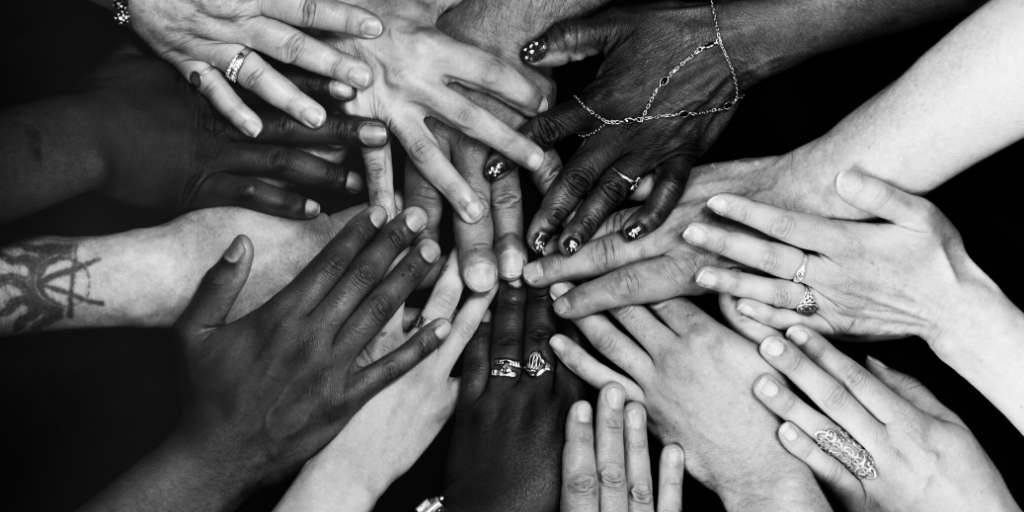contributed by Habeebah Rasheed Grimes, Chief Executive Officer
Anti-Racist Work: An Imperative of Trauma-Informed Practice
I distinctly remember my earliest exposure to the concept of “trauma-informed care” and the notable absence of discussion, research findings and theory about how Black people, and other people of  color, might have uniquely racialized experiences with trauma. In the years since, I have become more confident and emboldened to speak an important truth: Trauma-informed practice cannot be neutral on the traumatizing and trans-generational effects of systemic and structural racism.
color, might have uniquely racialized experiences with trauma. In the years since, I have become more confident and emboldened to speak an important truth: Trauma-informed practice cannot be neutral on the traumatizing and trans-generational effects of systemic and structural racism.
Trauma informed care insists we change the question from “What’s wrong with you?” to “What happened to you?” This change in perspective is fundamental to our work at PEP, and we’ve seen first-hand how greater sensitivity to a child’s traumatic life experiences can be transformative to their healing process. I am incredibly proud of the way we approach our work at PEP and the positive life-changing impact we have on kids; however, it’s important to realize that we still have much work to do.
In our work as an organization and as a society, we must ask the question, “What has happened to Black and Brown people in our country over the last 400 years?” To understand our kids and families, to help them heal and grow, we must be aware of the generational racism that has shaped their reality day in and day out, reaching back centuries into their ancestry. And we must be willing to explicitly call out anti-Black racism.
The Daily Trauma of Racism
The events of these past weeks put the legacy of our nation’s horrifying and painful history on worldwide display. The murders of George Floyd, Ahmaud Arbery and Breonna Taylor are all-too-familiar, heartbreaking reminders that institutional and situational anti-Black racism are a pervasive part of our nation’s fabric. We say their names knowing that there are many, many others who have lost their lives similarly.
For the Black children and families we serve, this is their unmitigated reality, an insidious daily trauma undermining their health and well-being. For this reason, I will continue to loudly proclaim that trauma-informed practice must maintain historical context and must not be neutral when it comes to racism and anti-Blackness.
We Still Have Work to Do
This disturbing moment in America is a watershed moment for all of us, even at an institution like Positive Education Program, which was founded to advance social justice and transformational change on behalf of troubled and troubling children. We must challenge ourselves to use our voices and our strength to help “bend the moral arc of the universe toward justice.” We must ask the difficult questions that will cause discomfort.
Just as our foundational philosophy of Re-ED and guiding framework of Sanctuary teach us to honor loss and to embrace difficult challenges that allow us to grow, we must push our own edge of discomfort out further. It is in facing the discomfort with honesty and compassion that we will grow and change in ways that can have deep and lasting positive impact.
Some may think because I sit in my skin in my seat that our work at PEP is done. It is not and we have so much more to do. The pitfalls for our kids are everywhere, even at PEP, and it’s up to us to do everything we can to mitigate the trauma in their lives and avoid retraumatizing them. Today more than ever, it’s clear to me that we must deliberately address the pervasive daily trauma of racism and anti-Blackness if we are to truly practice trauma informed care. The well-being of the kids and families we serve hinges on us doing so.
